In my early twenties, nothing felt more sophisticated than drinking a French 75 at the bar. No matter that it went down like a piece of sour candy: ordering it made me feel like a real lady, a grown-up woman who knew what life was about. It was a cocktail with history, two kinds of alcohol and – most importantly – I felt it imbued me with the aura of a dame in a film noir. It was fun but classic; stylish without being too obviously trendy. Not try-hard like Carrie Bradshaw’s worldly Cosmopolitan. Certainly not like ordering a Martini. Even I knew that ordering a Martini at age 21 would have been an affectation. No, a French 75 was the perfect cocktail for me. I knew my place.
Not much has changed since then. Now I do order Martinis (dirty; gin) without compunction, conscience or chaser, but only because ten years on I have earned the right and live up to it. My order says everything about me, for good or ill. The same can be said of any of my companions at the bar.
Some drinks tell an obvious story, cleaning up the mess of the tipples that came before. Kingsley Amis in his legendary essay on hangovers (physical and metaphysical) recommends taking a hair of the dog that bit you, half an hour after noon, in the form of a Bloody Mary. Therein lies the honesty of the drink which broadcasts to the world that you are not all right. You are only functioning. That stalk of celery and stack of olives may be the only thing holding you together. The only exception to this is in ordering one in the purgatorial landscape of the airplane, where nothing matters and anything goes.
On the other end of the spectrum lies the $15 fruit-juice mocktail. Mocktails are a fantastic advancement for the pregnant and those who have dedicated themselves to the righteous art of sobriety, but for others they fit into a Bay Area enlightened lifestyle that includes microdosing psilocybin and vomiting ayahuasca for the sake of spiritual clarity. It is the mark of an inability to give one’s life either to God or gin. The mocktail can project virtue without sacrifice – an aesthetic of restraint that leaves the soul unbothered.
Anyone who orders a Manhattan cares about aesthetics but wouldn’t want to draw attention to that
Other drinks are the equivalent of a platitude. Take the Espresso Martini or the Aperol Spritz. These are orders that say almost nothing about you beyond the fact that you are here for a good time – and that you may even post about it later. And don’t think that a Hugo Spritz or a Paper Plane or any of the new-guard cocktails of the year do anything to dilute your dullness. These orders say exactly the same thing but with the added implication that your decisions have been outsourced to TikTok or a tastemaker’s newsletter. Do not fear my judgment. I know as well as anyone that any semblance of shame will fade as soon as the buzz hits.
Manhattans, Negronis and other bitter liquor cocktails speak to an unembellished love for the theatrical. These are composed drinks (some may call them fussy) which depend heavily on balance, and yet a moodiness and romance projects from behind their structure.
The man or woman who orders a Manhattan has something specific to say and is uninterested in easy sweetness or cheap glamour. They care about aesthetics – but wouldn’t want to draw attention to that. But they may still hold a secret hope to be congratulated on their good taste.
Martinis tell a different story. They are ice-cold, proudly precise and immediately declarative. Ordering one says: “I have arrived and I have no need to explain myself.” The way one is ordered can become the stuff of myth or legend. Countless debates have been stirred over the various combinations, the gin or the vodka; the dry or the dirty. But these differences are largely meaningless. They serve as a signal to others that you, too, have developed an exacting taste; you, too, have had enough bad gin to know to ask for the good stuff. The real window into the soul – as with many drinks – is found not in substance but in quantity. The single Martini gives the impression of performative dipsomania, but as Dorothy Parker knew, the real fun only begins after the third.
A beer, on the other hand, is all plausible deniability. Maybe you’re chill. Maybe you’re performing chillness. Order a lager and we’ll know you don’t want to get drunk too quickly. Order a Guinness and we’ll know you love the idea of a life well lived, a life lived slowly – or at least enjoy projecting the appearance of someone who believes that good things come to those who wait. Either way, a beer tells us you’re here to linger, and you don’t mean to make a fuss.
Similarly, ordering wine at a bar says that you know what you like and you don’t need to prove it. You drink for your own enjoyment. Here is someone who has opinions but doesn’t need to announce them. Someone more likely to listen than to speak.
No matter what you drink, someone is watching and drawing conclusions. Take this less as cause for anxiety and more as a call to live up to the fantasy, just as I used to with my juvenile French 75.
Adopt the blunt honesty of the Bloody Mary or the ice-cold, sophisticated veneer of the Vesper Martini. It is up to you to make yourself match. For the right drink doesn’t just tell people who you are – it dares you to act like it. (Even an Aperol Spritz.)
This article was originally published in The Spectator’s August 2025 World edition.



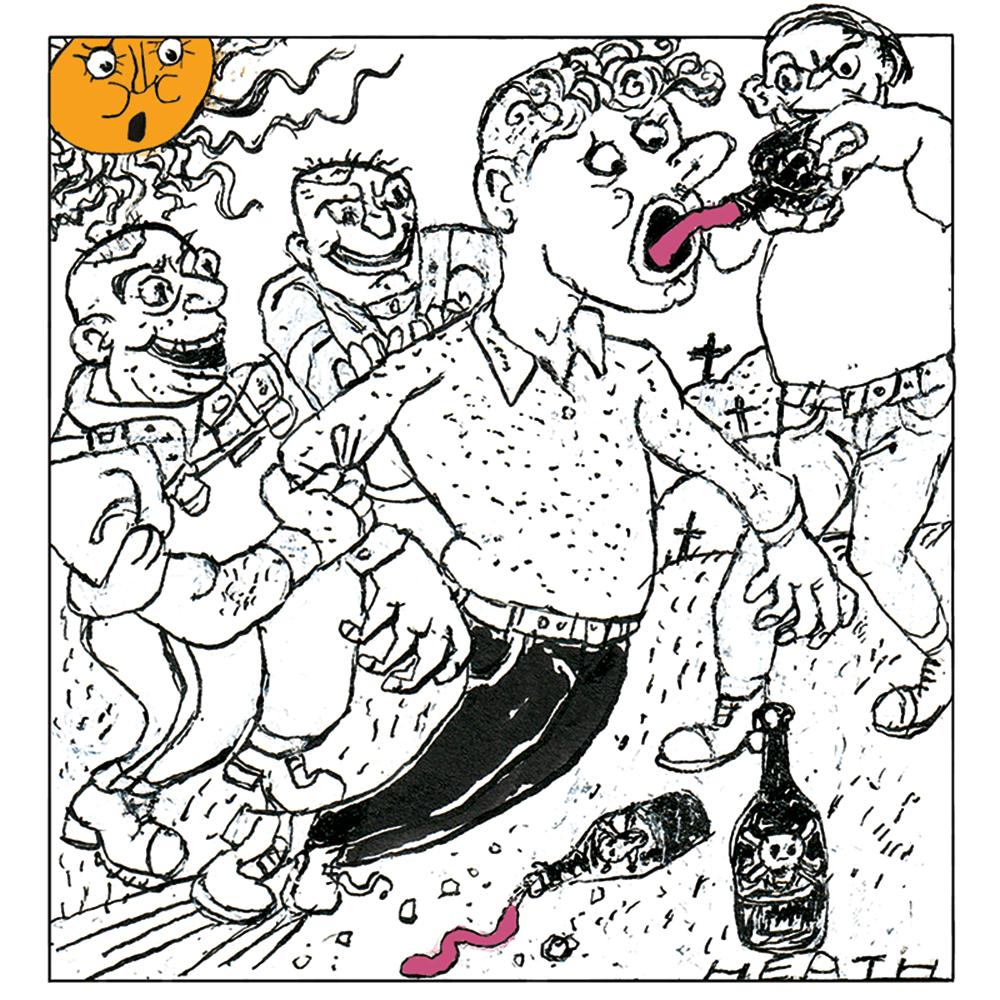







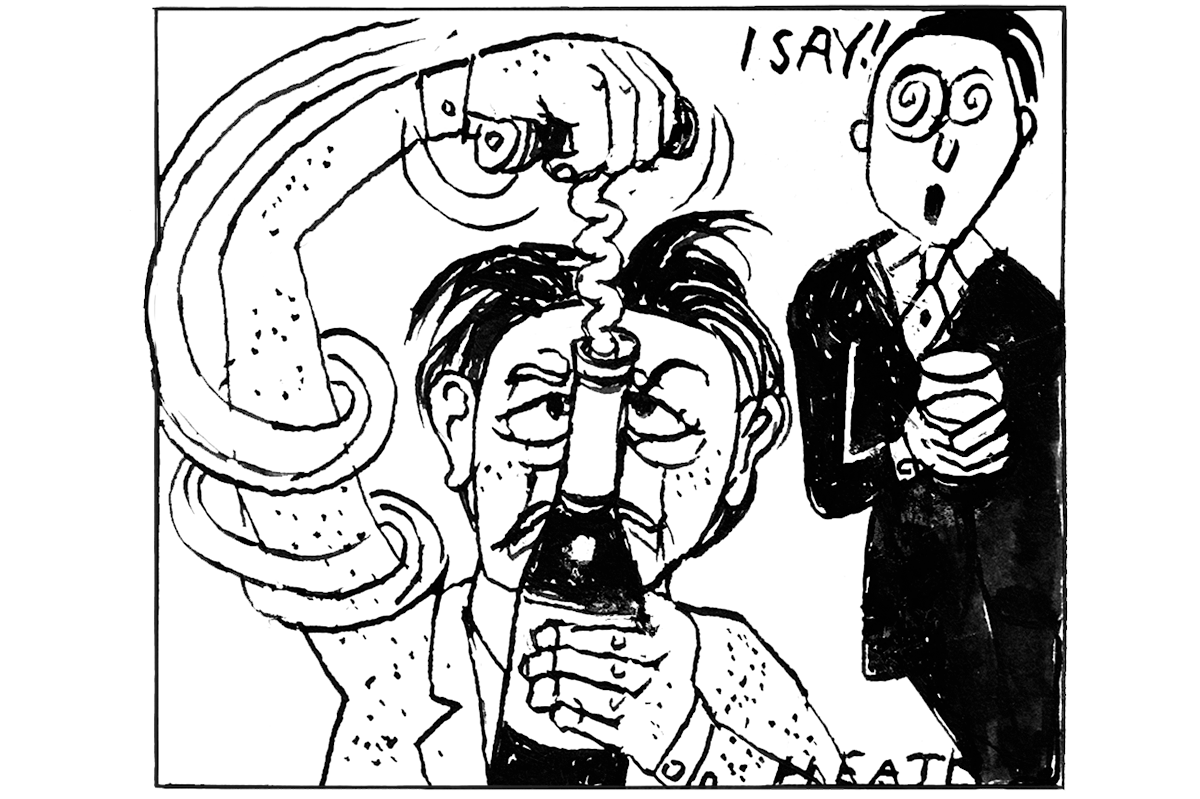
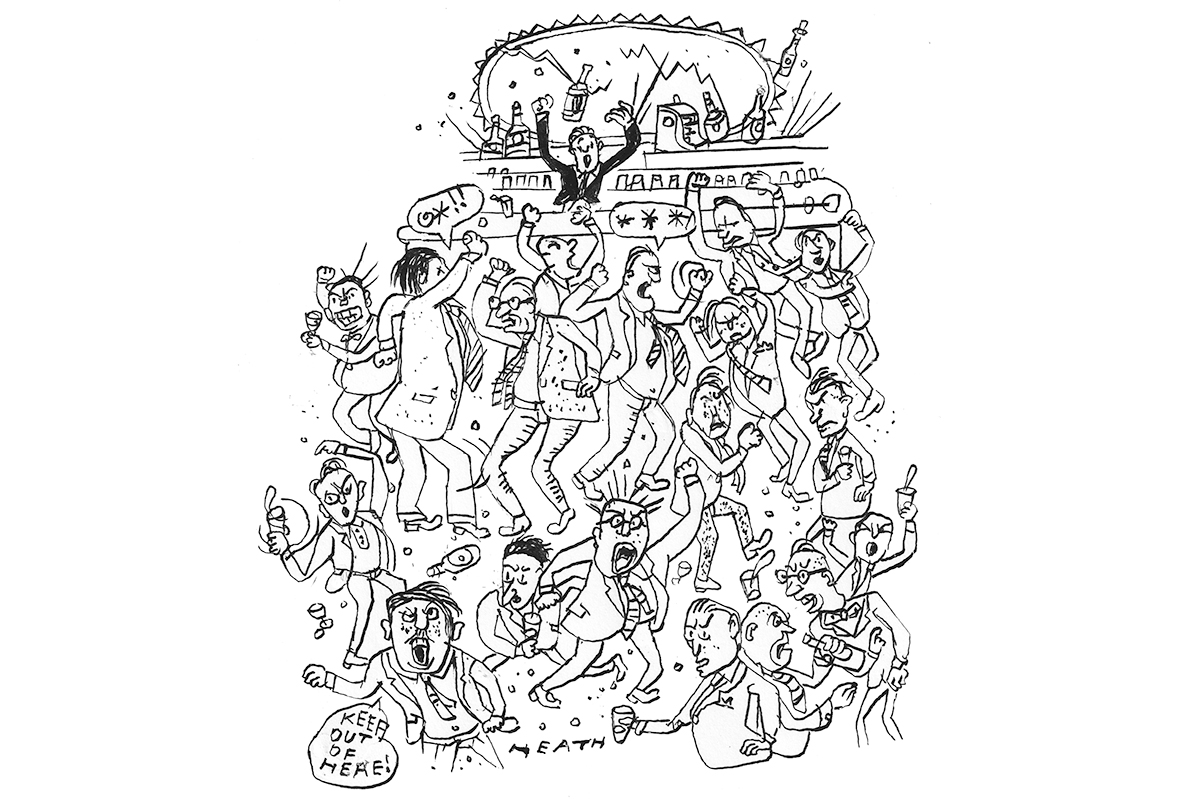
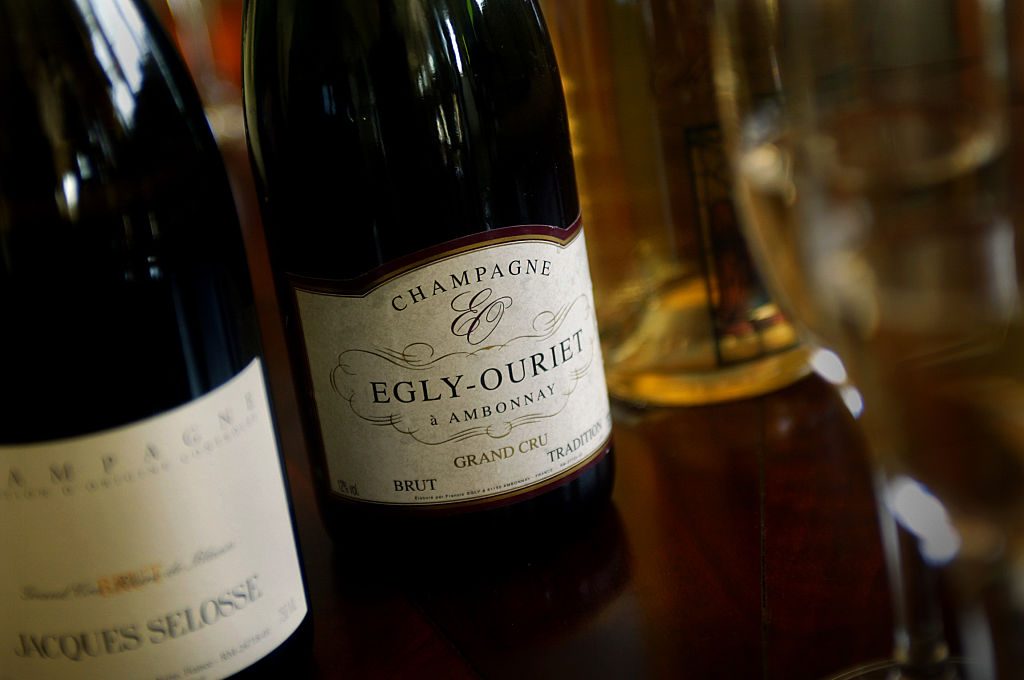
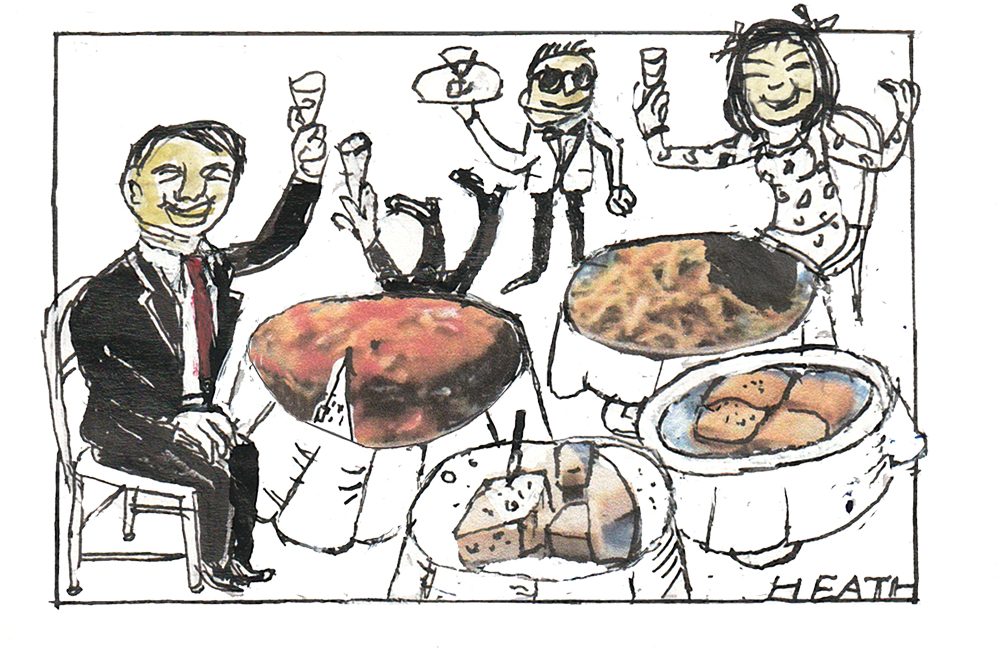
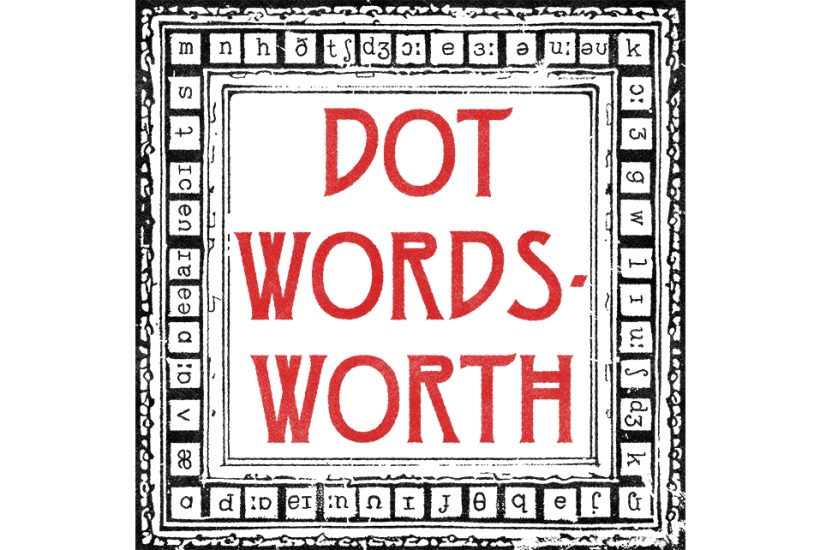







Leave a Reply